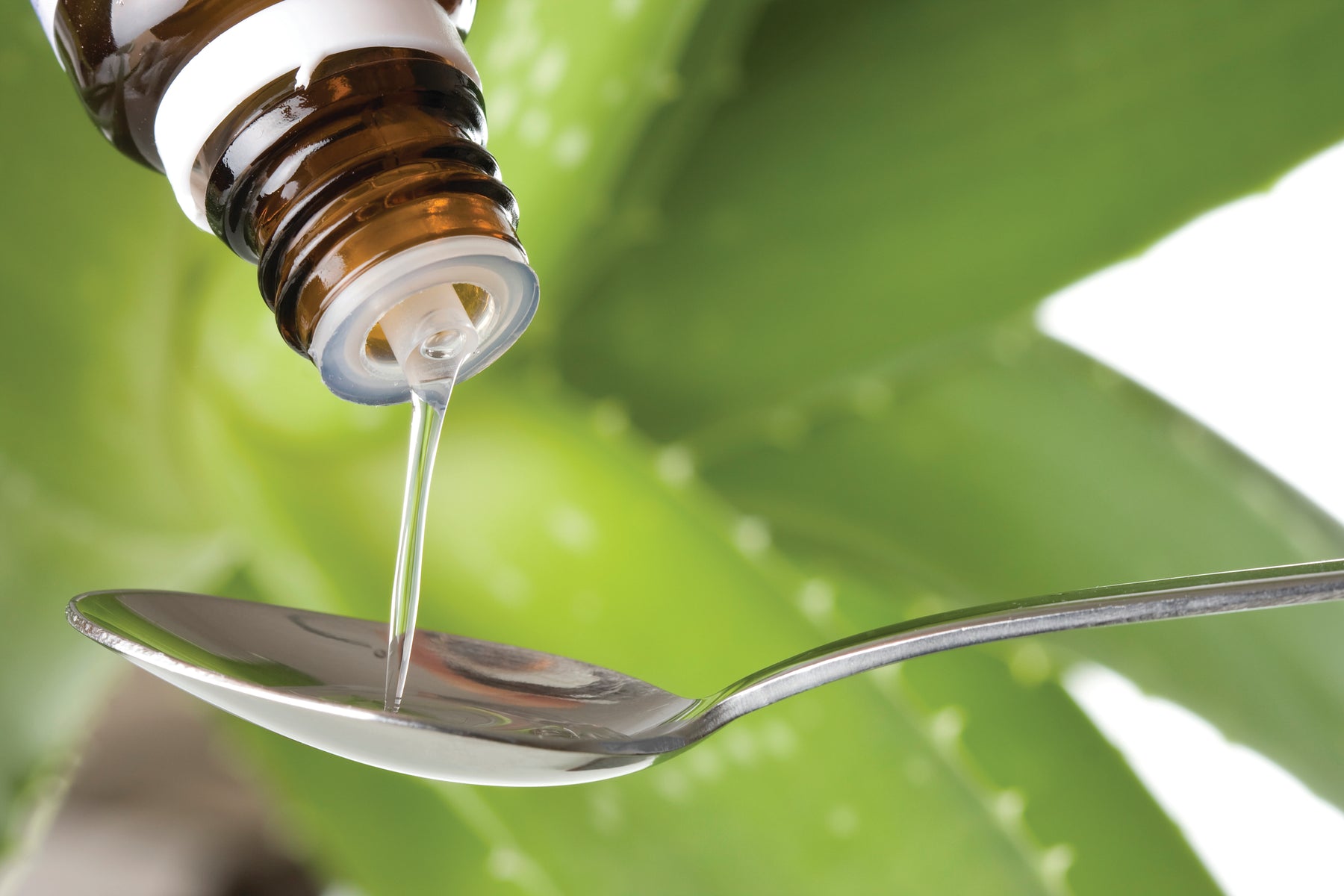
The use of natural antibiotics for enhanced health
Harnessing Nature's Power: The Use of Natural Antibiotics for Enhanced Health
Antibiotics have been a cornerstone of modern medicine, revolutionizing the treatment of infectious diseases. In the early days of Feelgood Health, more than 2 years ago, suggesting that herbal antibiotics could be effective and warning against the overuse of conventional antibiotics was seen as bad advice. Today, however, it is widely accepted in the medical field that the overuse and misuse of synthetic antibiotics have led to the emergence of antibiotic-resistant bacteria, posing a significant threat to global and individual health.
As the Founder of Feelgood Health, I have a special interest in natural medicine and we should not forget that prior to the development of what we now call 'mainstream' antibiotics, herbal and homeopathic medicines were the go to for everyday illnesses. It is all to easy to simply dish out prescription antibiotics, but it is not always the best thing for the patient, or global health in general! I firmly believe in the healing power of nature and the benefits of using natural antibiotics. In this article, therefore, I want to explore the use of natural antibiotics as effective alternatives for supporting our immune systems and promoting overall health.
Understanding Natural Antibiotics: Natural antibiotics are compounds derived from plants, herbs, and other natural sources that exhibit antibacterial, antiviral, and antifungal properties. These substances have been used for centuries in traditional medicine systems, such as Ayurveda and Traditional Chinese Medicine, as well as African and Western Herbal Medicine - to combat infections and promote healing. Unlike synthetic antibiotics, which often target a broad spectrum of bacteria, natural antibiotics tend to be more selective and may also offer additional health benefits.
Here are some common natural antibiotics:
-
Garlic (Allium sativum): Garlic is one of nature's most potent natural antibiotics, rich in allicin, a compound with powerful antimicrobial properties. It can help combat various infections, including respiratory, digestive, and skin-related conditions.
-
Honey: Raw, unprocessed honey contains enzymes that release hydrogen peroxide, a natural antiseptic. Honey's antibacterial properties make it effective in treating wounds and soothing sore throats.
-
Turmeric (Curcuma longa): Curcumin, the active compound in turmeric, exhibits strong antimicrobial and anti-inflammatory properties. It can support the immune system and aid in combating infections.
-
Echinacea (Echinacea purpurea): Echinacea is renowned for its immune-boosting abilities. It can help the body fend off infections and reduce the severity and duration of the common cold and flu.
-
Ginger (Zingiber officinale): Ginger contains gingerol, a potent compound with antimicrobial effects. It can aid in digestion, alleviate nausea, and support the body's defenses against infections.
- Sutherlandia: Sutherlandia, also called Kankerbossie, is a much researched traditional medicine native to Southern Africa. It is traditionally used to wash wounds, treat eye infections, support immune functioning and even to treat diabetes, cancer and liver and kidney ailments.
- Artemisia: This helpful herb is found all over the world, with a local African variant, Artemisia affra, being used for a range of ailments from coughs, colds, fever, loss of appetite, colic, headache, earache, intestinal worms to malaria.
Benefits of Natural Antibiotics:
-
Reduced Antibiotic Resistance: Unlike synthetic antibiotics, which can lead to antibiotic resistance, natural antibiotics are less likely to foster resistant strains of bacteria, making them a sustainable option for long-term use.
-
Gentle on the Body: Natural antibiotics generally have milder side effects compared to synthetic counterparts, minimizing disruptions to the gut microbiome and overall health. When we remember that prescription antibiotics upset the balance of important bacteria in the gut, and that the gut biome is an integral component in immune functioning, it makes sense to use a natural antibiotic that protects the immune system and strengthens it, rather than breaking it down.
-
Balancing the Microbiome: Similarly, some natural antibiotics have prebiotic properties, supporting the growth of beneficial gut bacteria and promoting a healthy microbiome.
-
Supporting the Immune System: Many natural antibiotics possess immune-boosting properties, helping the body's defense mechanisms fight infections more effectively.
How to use natural antibiotics
As with any medicine, it is important to make sure that the medicine is manufactured and formulated according to acceptable and consistent standards. You can use many herbs at home by making herbal teas and you can also include garlic, ginger, turmeric, and raw honey in your diet to harness their natural antibiotic properties. However, many people do not have access to the raw herbs, nor have the necessary knowledge of how to use or prepare them - and that is where a company like Feelgood Health steps in, to provide well manufactured and formulated herbal medicines in the form of capsules, tinctures and creams, as well as solid support for customers needing advise on how to use the products.
In conclusion, the judicious use of natural antibiotics can be a valuable addition to our healthcare regimen. While they may not replace synthetic antibiotics entirely, their integration can help reduce reliance on conventional medications and contribute to a more sustainable and holistic approach to health. I encourage everyone to explore the benefits of natural antibiotics in consultation with healthcare professionals to harness the power of nature for enhanced well-being. Remember, nurturing our bodies with the gifts of the earth can lead us on a path to greater vitality and lasting health!


Leave a comment